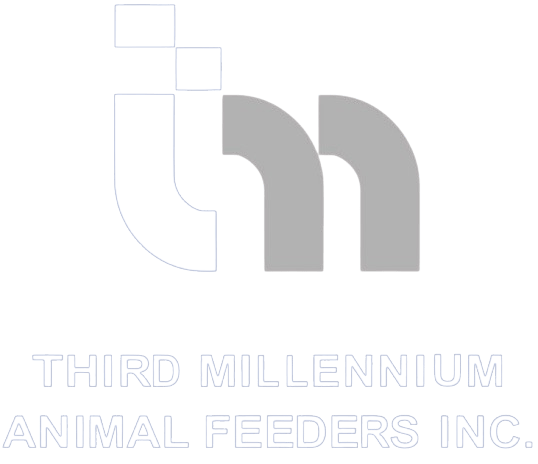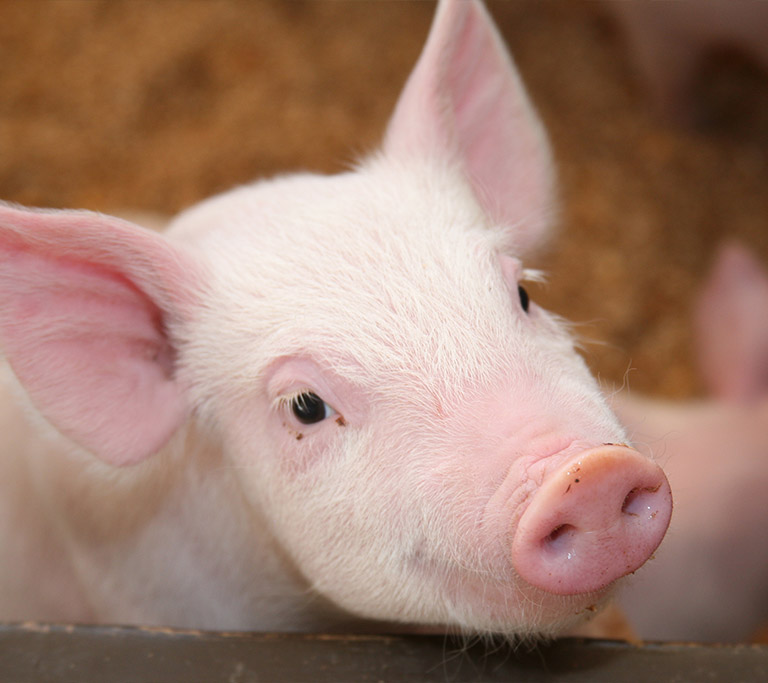


VestAmino® Bet
Betaine hydrochloride
Betaine hydrochloride (HCl) is a compound that can be used as a feed additive in pig diets. It offers several potential benefits when included in pig nutrition. Here’s an overview of the benefits of using Betaine HCl in pig diets:
- Improved nutrient utilization: Betaine HCl acts as an osmolyte and methyl donor in the body, playing a role in various metabolic processes. It helps improve nutrient utilization by aiding digestion and absorption of nutrients, particularly in conditions of heat stress or high-temperature environments. Betaine HCl can enhance the absorption of nutrients in the intestinal tract, leading to improved growth performance and feed efficiency in pigs.
- Heat stress mitigation: Pigs are particularly susceptible to heat stress, which can negatively impact their performance and overall well-being. Betaine HCl has osmoregulatory properties that help pigs cope with heat stress. It supports the maintenance of proper cellular hydration and helps prevent cellular damage caused by heat stress. Including Betaine HCl in pig diets during periods of heat stress can mitigate the negative effects and improve performance.
- Improved carcass quality: Betaine HCl has been associated with improved carcass quality in pigs. It can help promote lean muscle deposition and reduce fat accumulation, improving carcass composition and the quality of meat. Betaine HCl supplementation has shown positive effects on factors such as carcass weight, lean meat percentage, and meat tenderness in pigs.
- Enhanced gut health: Betaine HCl has been linked to improved gut health in pigs. It can help maintain the intestinal mucosa’s integrity and enhance the gut’s barrier function. This can contribute to reduced intestinal inflammation, improved nutrient absorption, and overall gut health in pigs.
- Antioxidant activity: Betaine HCl exhibits antioxidant properties and can help protect cells from oxidative stress. It helps maintain the balance between pro-oxidants and antioxidants in the body, reducing oxidative damage and supporting overall health and performance in pigs.
It’s important to note that the inclusion level of Betaine HCl in pig diets should be based on factors such as the pig’s age, health status, and environmental conditions. Consulting with a swine nutritionist or veterinarian can provide specific guidance on the appropriate use of Betaine HCl in pig nutrition and ensure optimal benefits. Betaine HCl in pig diets can lead to improved nutrient utilization, heat stress mitigation, enhanced carcass quality, improved gut health, and antioxidant activity. It is a valuable feed additive that can support overall pig performance, particularly during periods of heat stress or in challenging environmental conditions.





